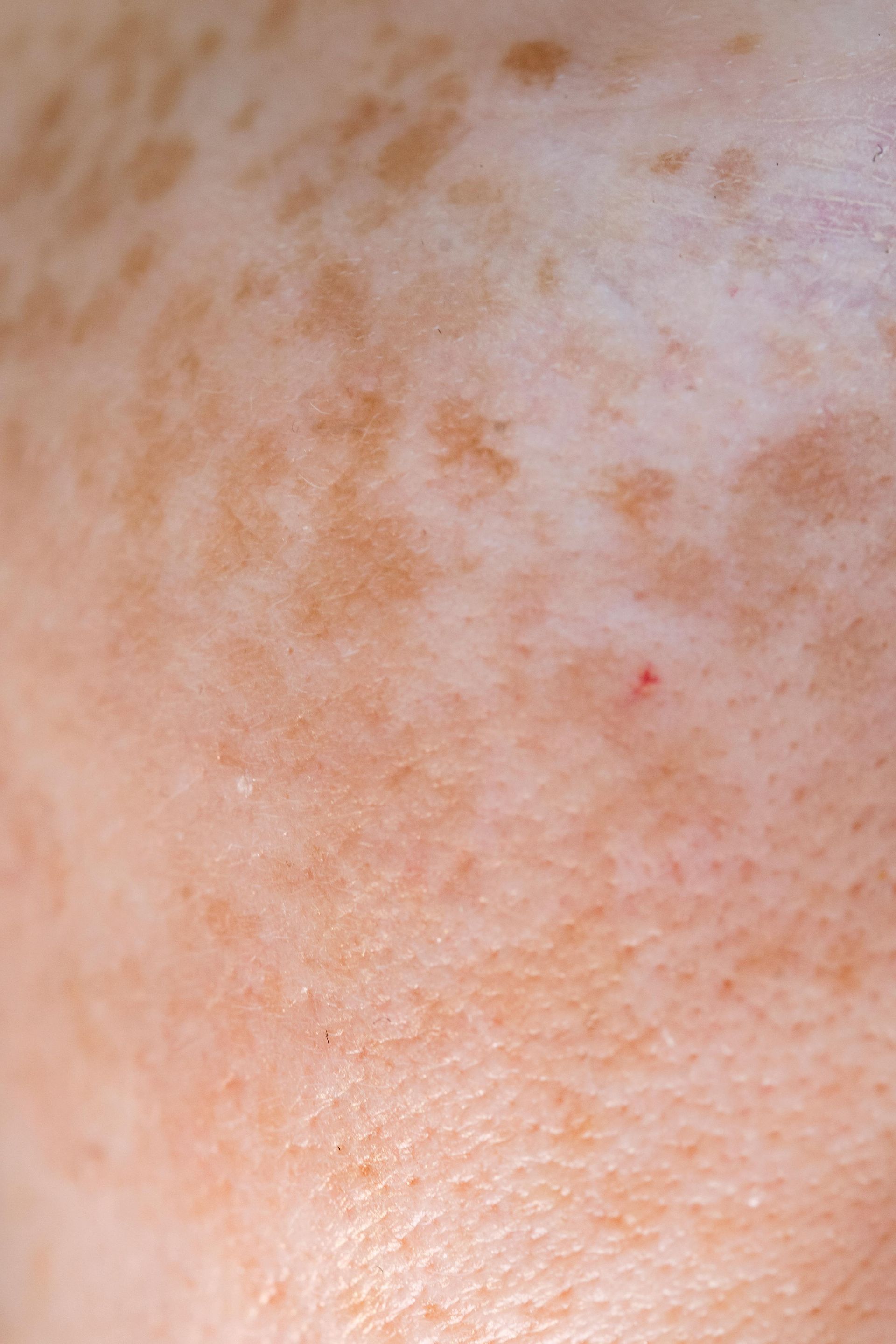Atypical Pigmentation
Comprehensive Treatment for Skin Pigmentation Issues
Whether it’s dark spots caused by hyperpigmentation or white spots due to a lack of pigment, skin discolorations can make you feel self-conscious about your appearance. With the help of the experts at Skin Dermatology and Cosmetic Services, you can address pigmentation issues and regain your confidence. The team of skin specialists offers a variety of treatment options, from chemical peels to laser treatments. Call to schedule a consultation or book your appointment online to discover how they can help you.
Call our offices today!
Call our offices today!
Understanding the Types of Pigmentation Disorders
Pigmentation disorders can affect people of all skin tones, causing dark or light patches that impact appearance and confidence. From hyperpigmentation to hypopigmentation, understanding the different types of pigmentation issues can help in identifying the right treatment. Skin Dermatology and Cosmetic Services specializes in diagnosing and treating conditions like melasma, vitiligo, and post-inflammatory hyperpigmentation, offering customized care to restore an even complexion.


